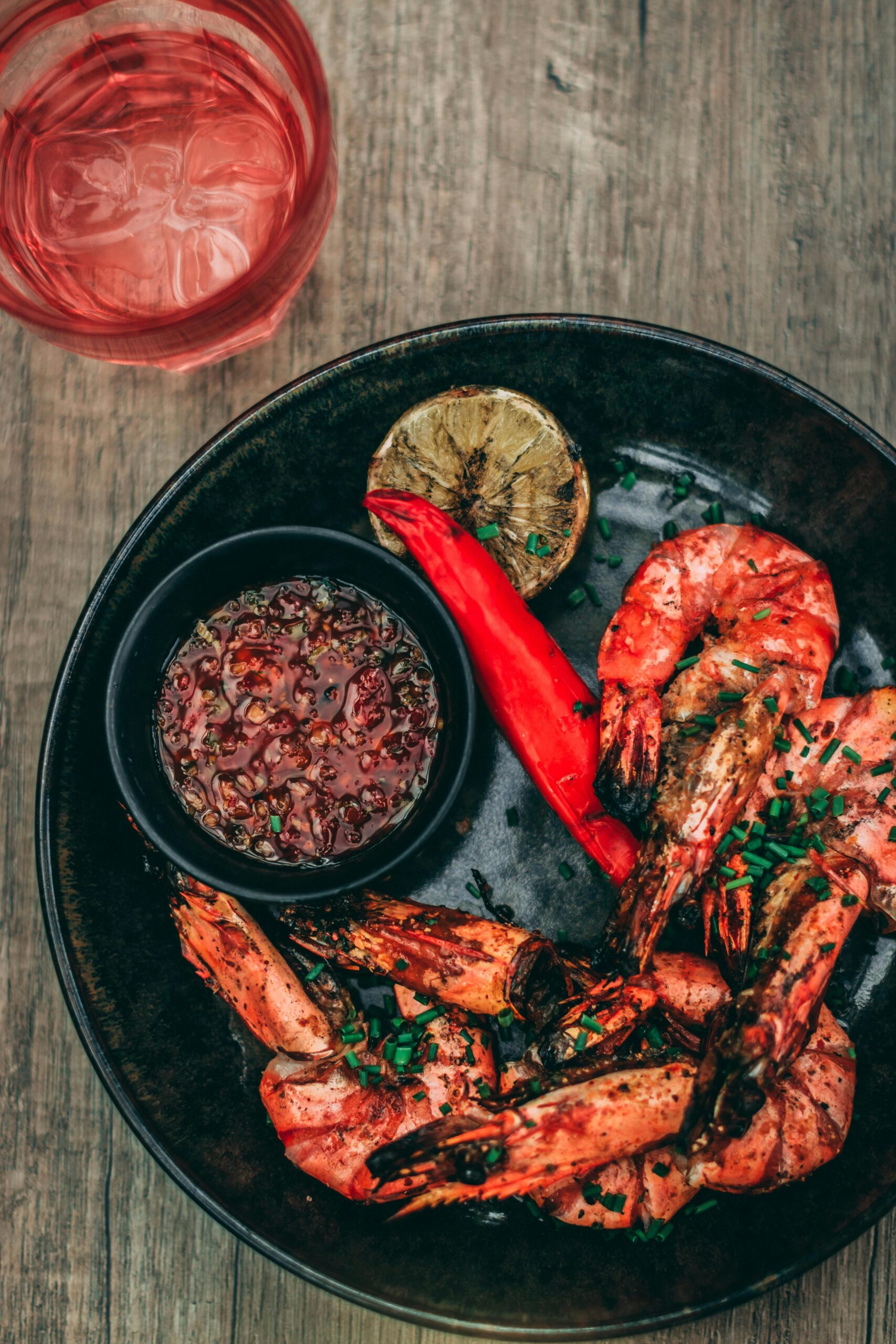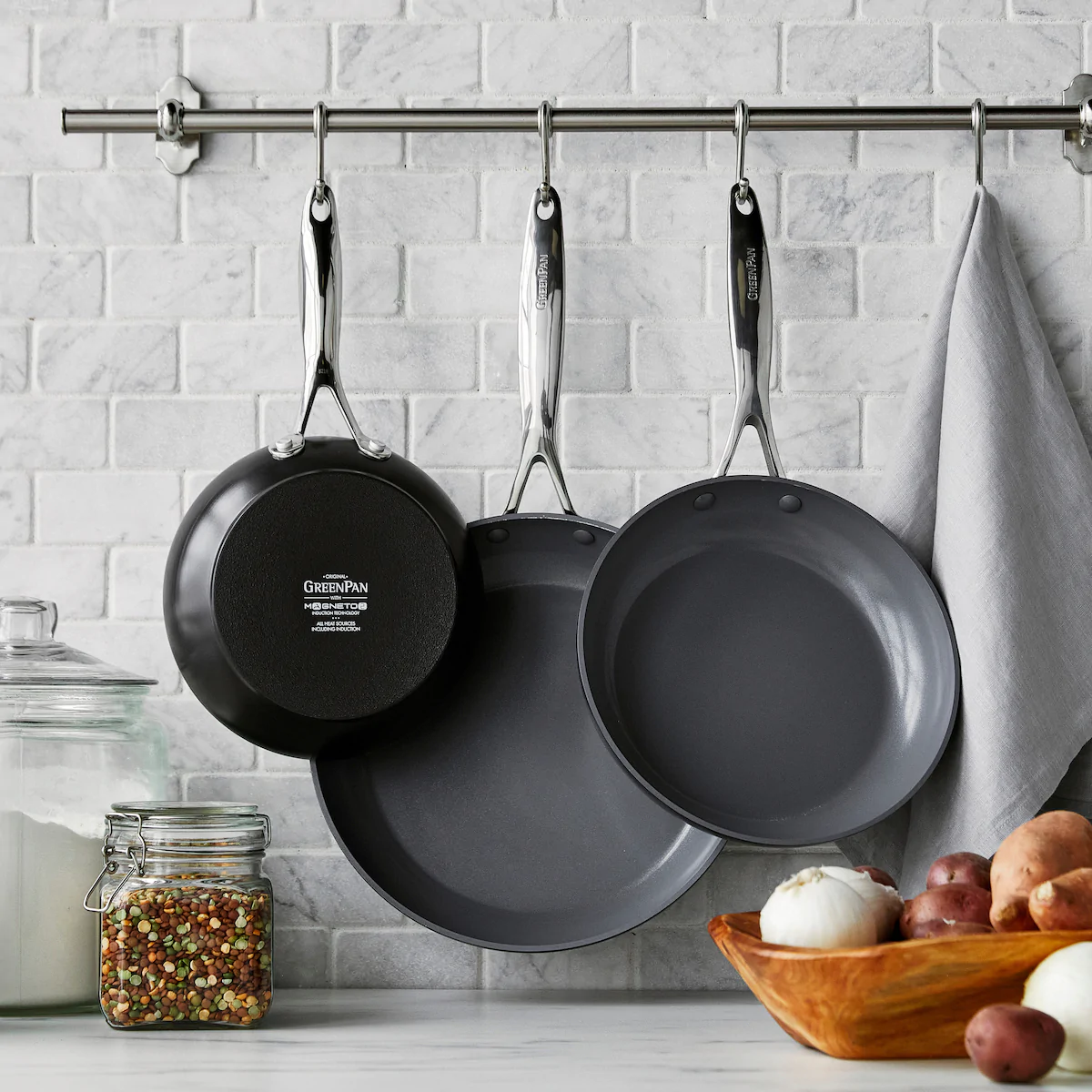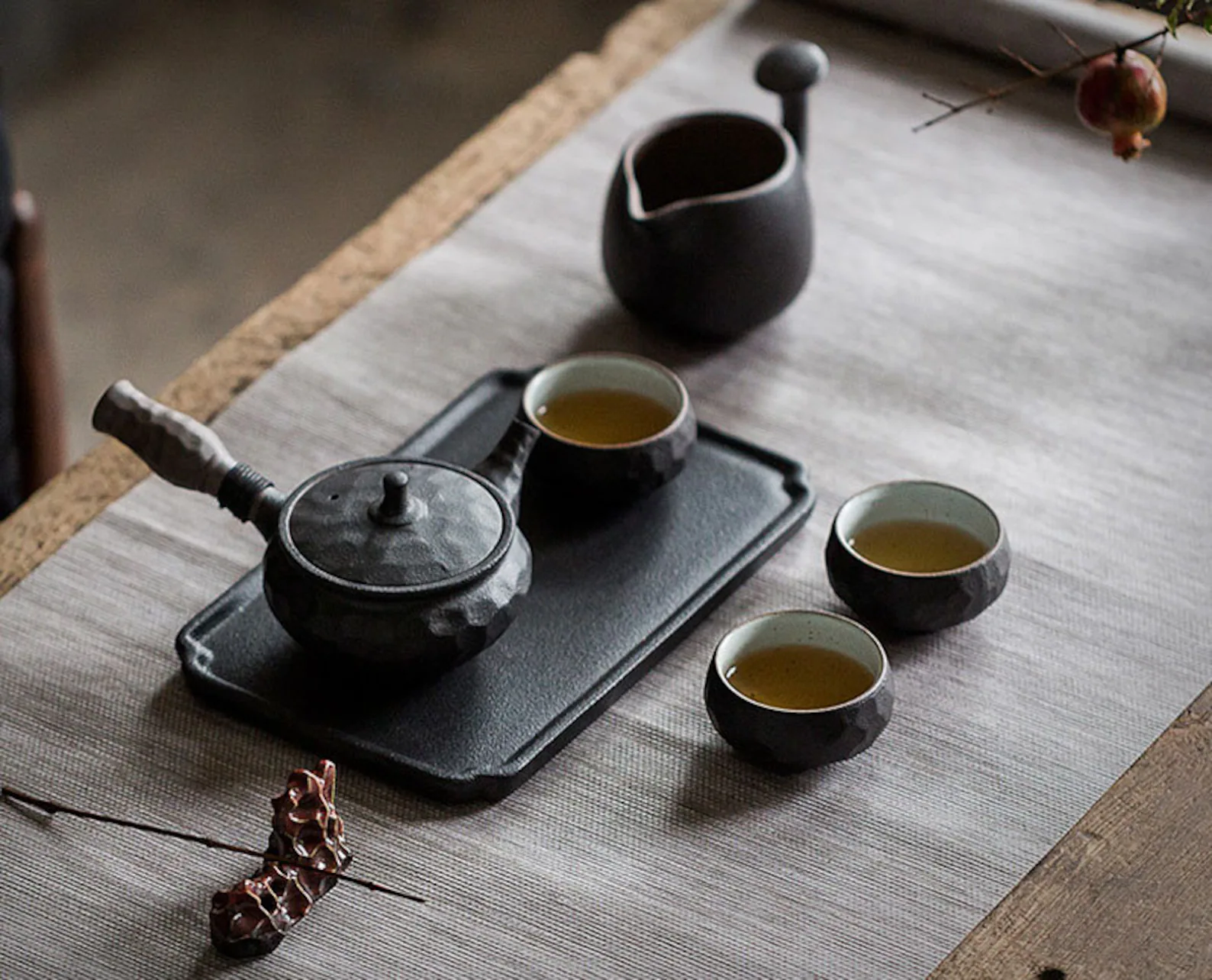Ceramic cookware has become increasingly popular in recent years, touted for its non-stick properties, aesthetic appeal, and purported health benefits. This type of cookware comes in two varieties: pure or coated. The pure ones are entirely made from natural clay baked at high temperatures. Coated pieces, however, are mostly aluminum cookware coated with a layer of ceramic. Many wonder if this style of cookware is actually safe for cooking, following reports of potentially toxic heavy metals in traditional non-stick cookware. Is ceramic cookware really safe? Let’s find out.
Chemical-Free
One of the main selling points of ceramic cookware is that it is free from harmful chemicals like PFOA (perfluorooctanoic acid) and PTFE (polytetrafluoroethylene), which are found in some traditional non-stick cookware. These chemicals can release toxic fumes when overheated, posing health risks. Ceramic cookware, on the other hand, is generally free from these substances, making it a safer option for cooking.
No Heavy Metals


High-quality ceramic cookware is typically free from heavy metals such as lead, cadmium, and arsenic. These metals can leach into food from some types of cookware, especially if the cookware is chipped or damaged. It’s important to purchase ceramic cookware from reputable brands that guarantee their products are lead and cadmium-free.
Non-Sticky
Ceramic cookware offers non-stick properties without the use of synthetic chemicals. This makes it easier to cook with less oil and simplifies cleanup, promoting healthier cooking practices.
Other Points to Note on Ceramic Cookware


Ceramic Wear: Ceramic-coated cookware, while initially highly non-stick, can wear down over time. Scratches and chips can compromise the non-stick surface and potentially expose the underlying metal. To prolong the life of your ceramic-coated cookware, consider the following:
Use wooden, silicone, or plastic utensils to prevent scratching.
Instead of using a dishwasher, hand wash your cookware with mild detergent and a soft sponge.
Avoid using extremely high heat, as it can damage the ceramic coating.
Temperature Sensitivity: Pure ceramic cookware can be more fragile than other types of cookware. Sudden changes in temperature, such as transferring a hot dish directly to a cold surface, can cause cracking. Handle pure ceramic cookware with care to avoid thermal shock.
Quality: The safety and performance of ceramic cookware can vary widely depending on the manufacturer. Cheaper options may not adhere to strict quality standards and could potentially contain harmful substances. Investing in higher-quality cookware from reputable brands can ensure that you are using safe, durable, and effective products.
